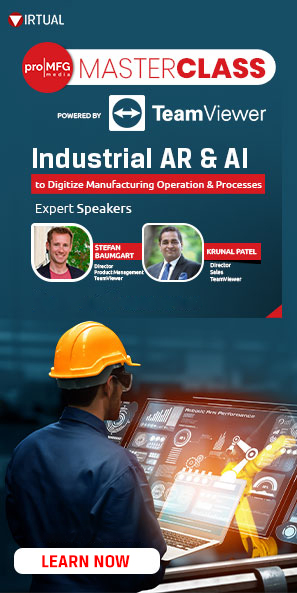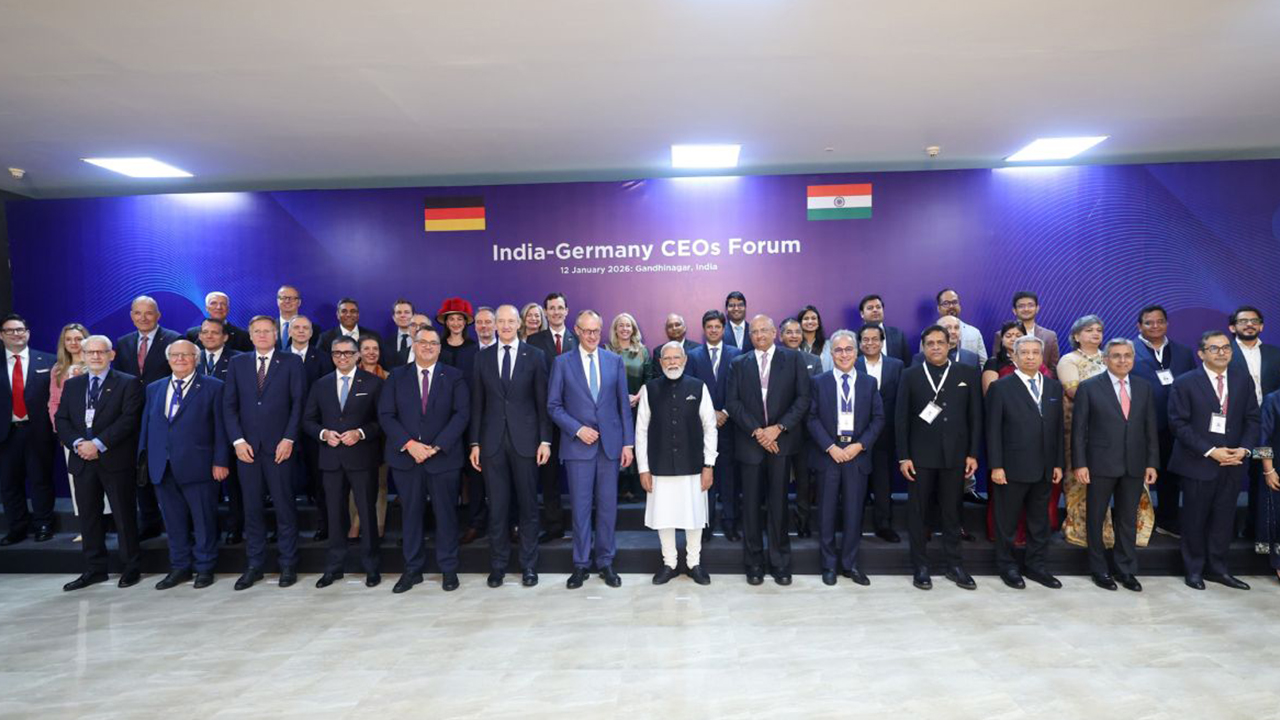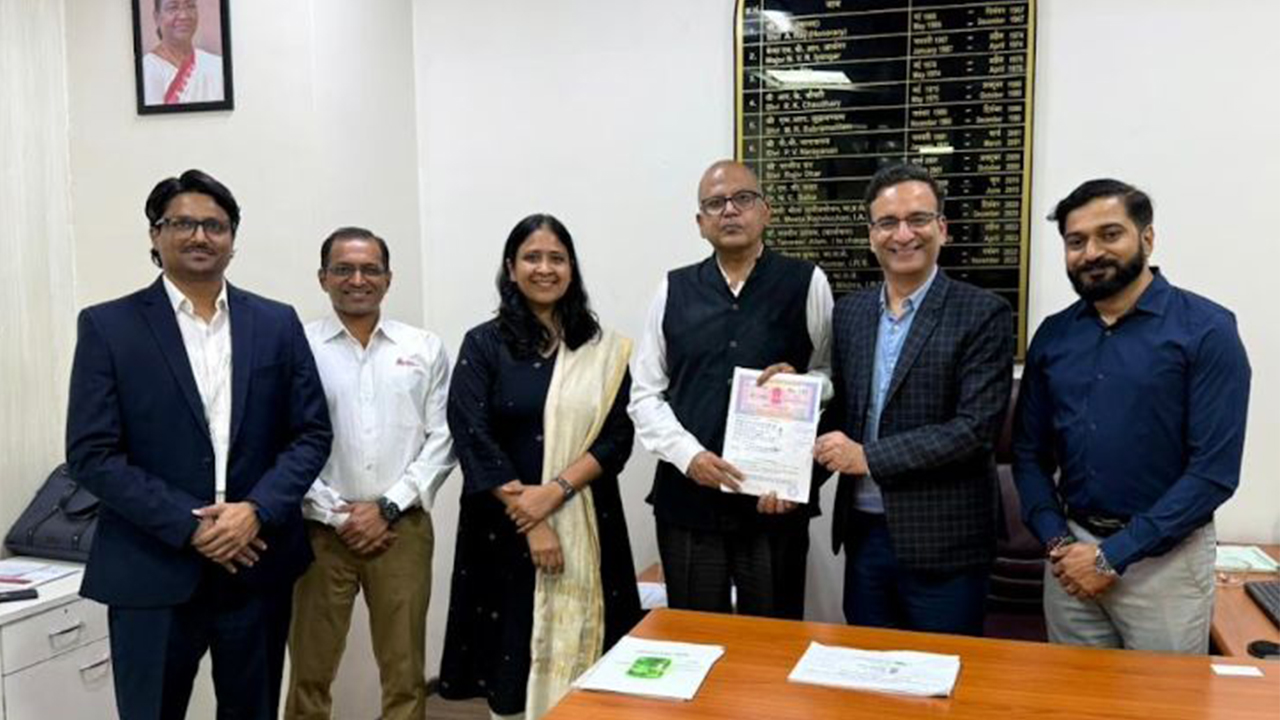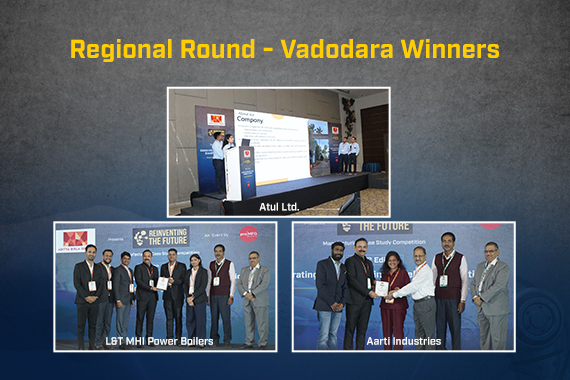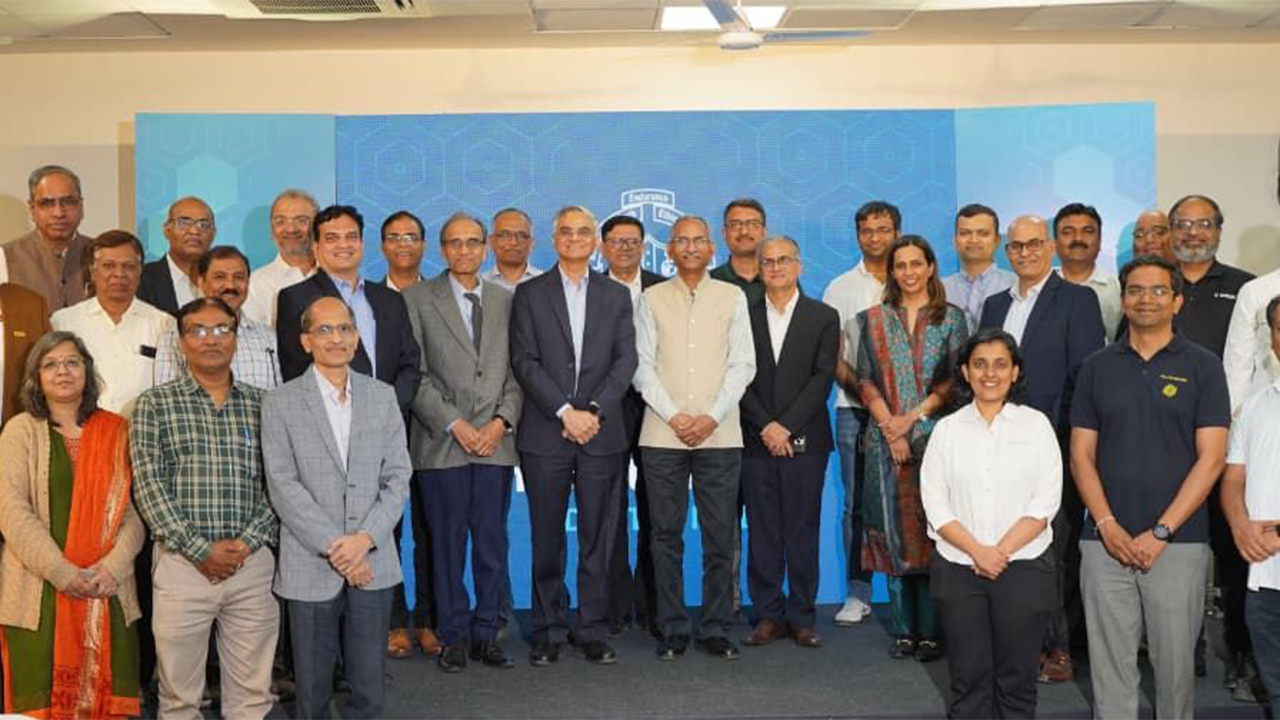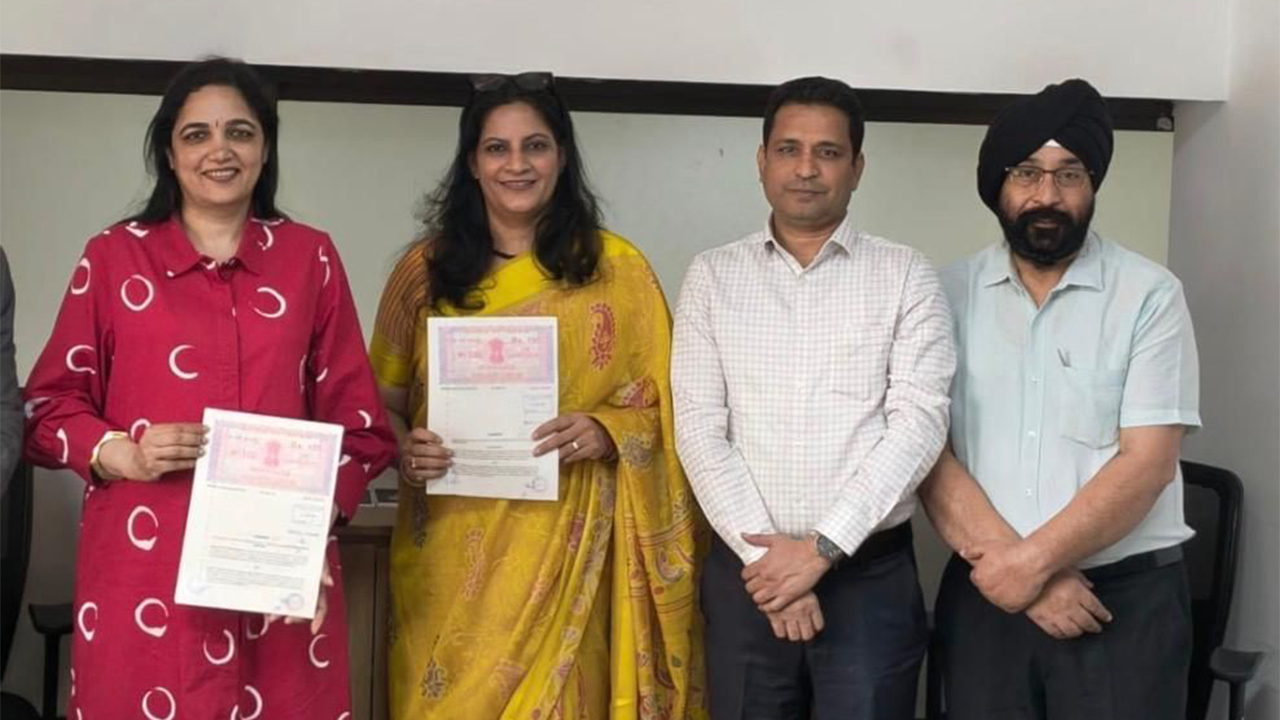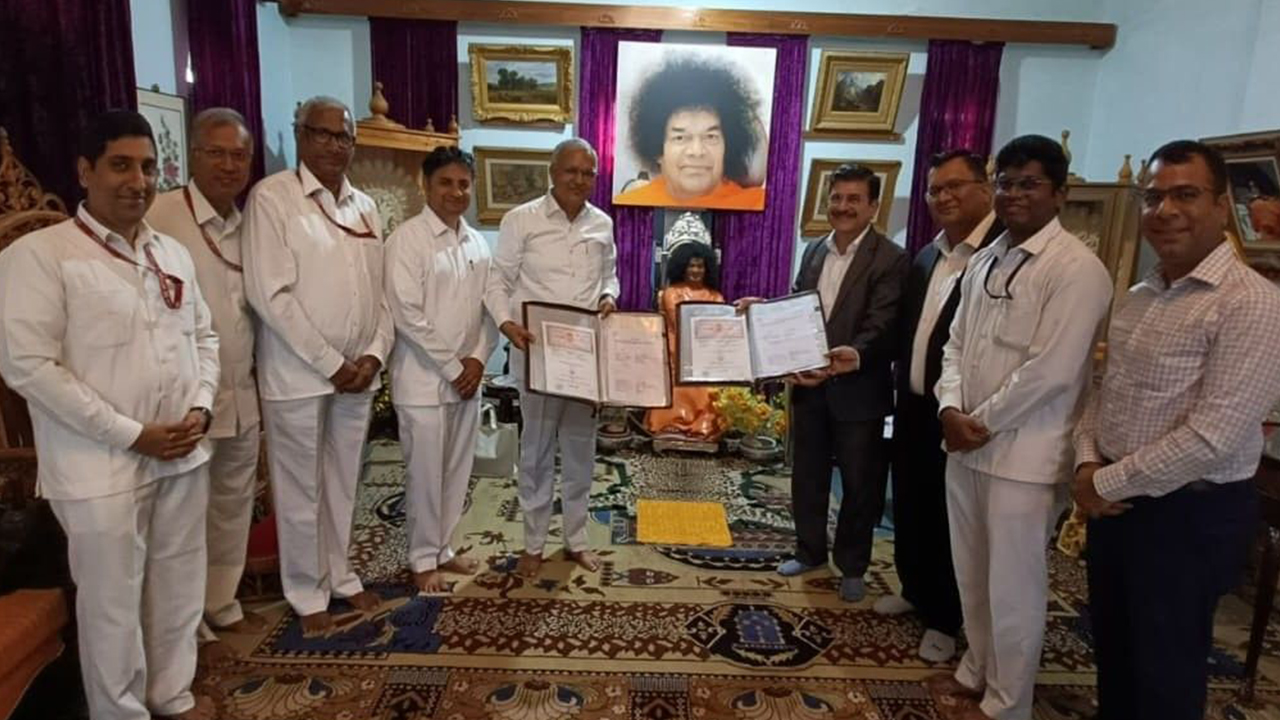“At the Mahindra Group, quality encompasses the product and goes much beyond that. It involves and engages every component and element of the business. Q🡪 Big Q. We are implementing this philosophy using our own Group’s Business excellence framework “The Mahindra Way (TMW).”
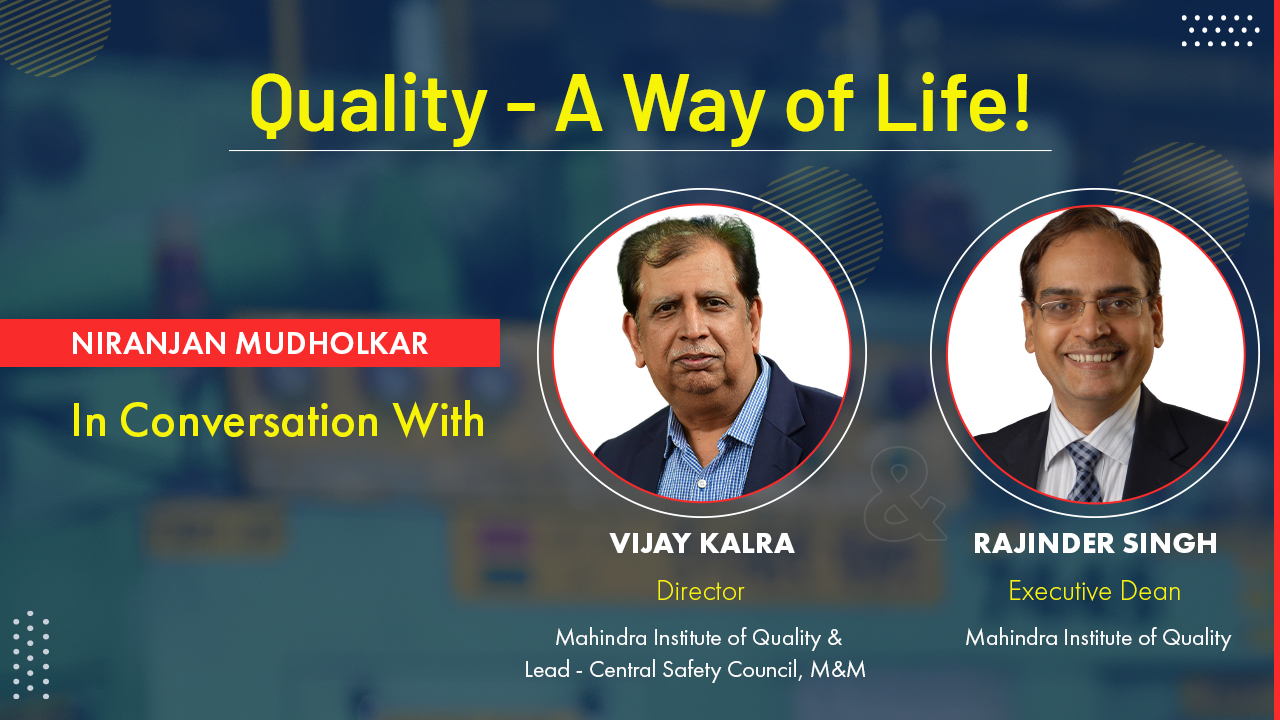
March 2023: Niranjan Mudholkar, Editorial Director, Pro MFG media, recently caught up with Vijay Kalra, Director - Mahindra Institute of Quality & Lead - Central Safety Council, M&M and Rajinder Singh, Executive Dean, Mahindra Institute of Quality, to understand more about their quest for quality.
What is Quality for you?
Vijay Kalra: Quality starts with quality planning. Whether it is new offerings or whether it is a new product, good planning is the start point, followed by flawless execution. Listening to customer feedback and ensuring that continuous learnings from those feedbacks are regularly incorporated into the system is important.
The starting point is basic quality inspection and QC ensuring that specifications are being met as required by the customer, and then moving to quality assurance for right things to happen at all the stages. Then move to TQM – Total Quality Management. With quality management, you do things that make sense for the customer; you are concerned about the voice of customers. Your internal specifications and standards will be then aligned to the needs of your customer. And they will keep changing. You will have systems in place that will ensure that quality is built and engineered.

Vijay Kalra’s Nine Mantras for Quality Professionals
1. Target and play to ‘WIN’. Have the right ‘measures’ to monitor.
(It is a binary world with either Zero or One. There is no fair share concept).
2. Competition is relative and Goal posts are not fixed.
(Meeting specification may not be enough, continuous benchmarking and alignment are necessary for creating and sustaining the “Right to Win”).
3. Quality, Quantity, Cost and Timing: All need to go together.
4. Quality is Engineered and Built.
(Focus more on Quality Assurance, Planning, Improvement, Audit & Education while ensuring inspection/ Quality Control to avoid spillages to customers).
5. Averages and percentages can be misleading – ‘99.9% may be Zero’.
(One item missing can bring the supply chain/project to halt & one machine breakdown can stop the entire value chain. Give higher weightage for critical items.)
6. Measure, Monitor and Share “Cost of Quality” with leaders and colleagues to get the right emphasis.
(Conventional method of Cost of Quality may not give true picture. Serious spills & customer’s perception of Quality have a high impact on brand image and may sometimes threaten survival.)
7. Push actions and decisions more and more to the “left” side of business.
(Right decisions during the planning and development stage have a high positive impact on business).
8. Revisit organization’s structure for Cost, Agility and Effectiveness.
(E.g., Quality control and inspection are better left to the Operational leaders, Buyer and SQA engineer roles can be merged)
9. Continuously upgrade people capability and skills.
(Align facilities, systems/processes & use appropriate new technology enablers.
-------------------------------------------------------------------------------------------------
So, you are defining quality as benchmarking your internal standards in alignment with customer delight?
Rajinder Singh: Yes, one needs to start with Voice of Customer (VOC) and identify Critical to Quality and Critical to Process characteristics. The processes and standards in the organisation need to be created and continually optimised for delighting customers while being effective, efficient and competitive at the same time.
Quality is driven by people and processes. With more than 25,000 employees across the geographical locations, how does the Mahindra Group ensure a consistent and uniform political culture across the organisation?
Vijay Kalra: Different sectors will have their own set of customers, own set of offerings, and own set of products. While these differences will be there, principles can be common. Refer core values of the Group – Professionalism, Good Corporate Citizenship, Customer First, Quality Focus and Dignity of the Individual. Out of these five Core Values, two are all about Customer Centricity and focus on Quality and two are about people. The essence is to create a team of passionate and capable employees trying to do their best for customers.
How does the ‘The Mahindra Way’ fit into this quest for quality?
Vijay Kalra: At the Mahindra Group, quality encompasses the product and goes much beyond that. It involves and engages every component and element of the business. That’s what we call ‘The Mahindra Way’ (TMW). It is the Group’s Business Excellence Framework.
TMW promotes the adoption of eight basic principles in the organization. These include:
1.Focus on all Stakeholders – Sustainable business results require attention being paid to ever changing current and future needs of all stakeholders.
2.Quality of Process – Results are important but equal emphasis given to the quality of process through which the results are achieved.
3.Quality of Results – Importance given to business results including quality, safety/sustainability, delivery, employee engagement, profits, and other parameters specific to the business.
4.Continuous Improvement – Emphasis on a structured approach – PDCA (Plan, Do, Check & Act). Improvement at a pace faster than competition.
5.Facts / Data Based Management – Decisions, actions and results should be viewed based on quantitative data.
6.Prioritization – Ensuring optimum utilization of resources by promoting the principle of prioritization in identifying and selecting the issues with maximum impact.
7.Long-term Orientation – Promotes a long-term strategic approach to business planning.
8.Total Employee Involvement – Ensuring that employees are aligned with the organizational purpose and are striving for excellence through training, involvement and encouragement.
TMW is an integrated approach to promote excellence across processes and operations of a business in everything we do. MIQ is the custodian of TMW.

Tell us something about the Mahindra Institute of Quality (MIQ).
Rajinder Singh: The Mahindra Institute of Quality (MIQ) was established in 2006 as India’s premier school of quality. MIQ was set up to create a culture of quality and drive organisation-wide excellence, both within and outside the Group, and create a community of hands-on problem solvers who make a difference. MIQ’s offerings are administered by a mix of top-rated faculty, both in-house as well as experts and practitioners from industry and academia. MIQ conducts programmes in the domain areas of Quality, Operational Excellence, Safety, Supply Chain, Data Analytics, hence overall Business Excellence.
The institute’s goal is to enable organizations to systematically develop customer-focused, high-quality processes, thereby generating superior results over the long term. MIQ is all about the pursuit of Business Excellence and of creating the business leaders of tomorrow through a unique learning experience.
But do you see a role for technology in this quest for quality?
Vijay Kalra: Yes, technology has a big role to play. But I would like to see technology more as the enabler. While the basics of manufacturing and the basics of business remain the same, technology brings speed as far as the integration of various functions and the access to information is considered. Earlier, these used to take a lot of time. Thanks to the digital ways of doing things, one can understand customer’s challenges in real time. This supports clear and faster flow of information and hence enhances your speed for addressing issues and also fixing them. Technology improves visibility as well as clarity, and also equips one to better handle problems/opportunities in hand.
Similarly with tools like digital twins, one can understand what’s working and what’s not working in real time. Technology has enabled faster innovation, reduced costs, enhanced efficiencies, and accelerated the time-to-market. Automation also plays a big role in terms of consistency and handling repetitive tasks as well as hazardous jobs.
Rajinder Singh: Technology has had a disruptive impact in the quest for quality. Many digital experts are driving the integration of digital technologies with business processes. In the next few years, digital skills will become more democratized, more inclusive and spread beyond experts. For instance, an engineer working on the shop floor should be able to devise and analyse her/his own digital systems and monitor in a manner which would benefit the local team and their quality of work. This will call for high amounts of skill enhancement in digital transformation as well as data analytics and this is a focus area for MIQ.

What is the vision driving MIQ?
Rajinder Singh: The vision is to make quality a way of life. As an institute, MIQ promotes quality in everything that we do and, thus, we make it a way of life. All our actions are in line with this vision – whether we are involved in training (physical, online, hybrid), in consultation or we are working with people. At MIQ, we walk the talk by providing practical knowledge and industry ready skills to executives, rather than just providing knowledge.
Vijay Kalra: While the bigger organisations have the muscle or have the resources to be able to get the required tools, technology and knowledge, the MSMEs are often deprived of the same. We all know that the MSMEs play a vital role in the growth of our industry as well as the overall economy of this nation. So, MIQ can surely play an important role in empowering the MSMEs with the required knowledge and tools. All of this is in alignment with our Group’s fundamental principle of Good Corporate Citizenship.
NEWSLETTER
TRENDING ON PRO MFG
MORE FROM THE SECTION

